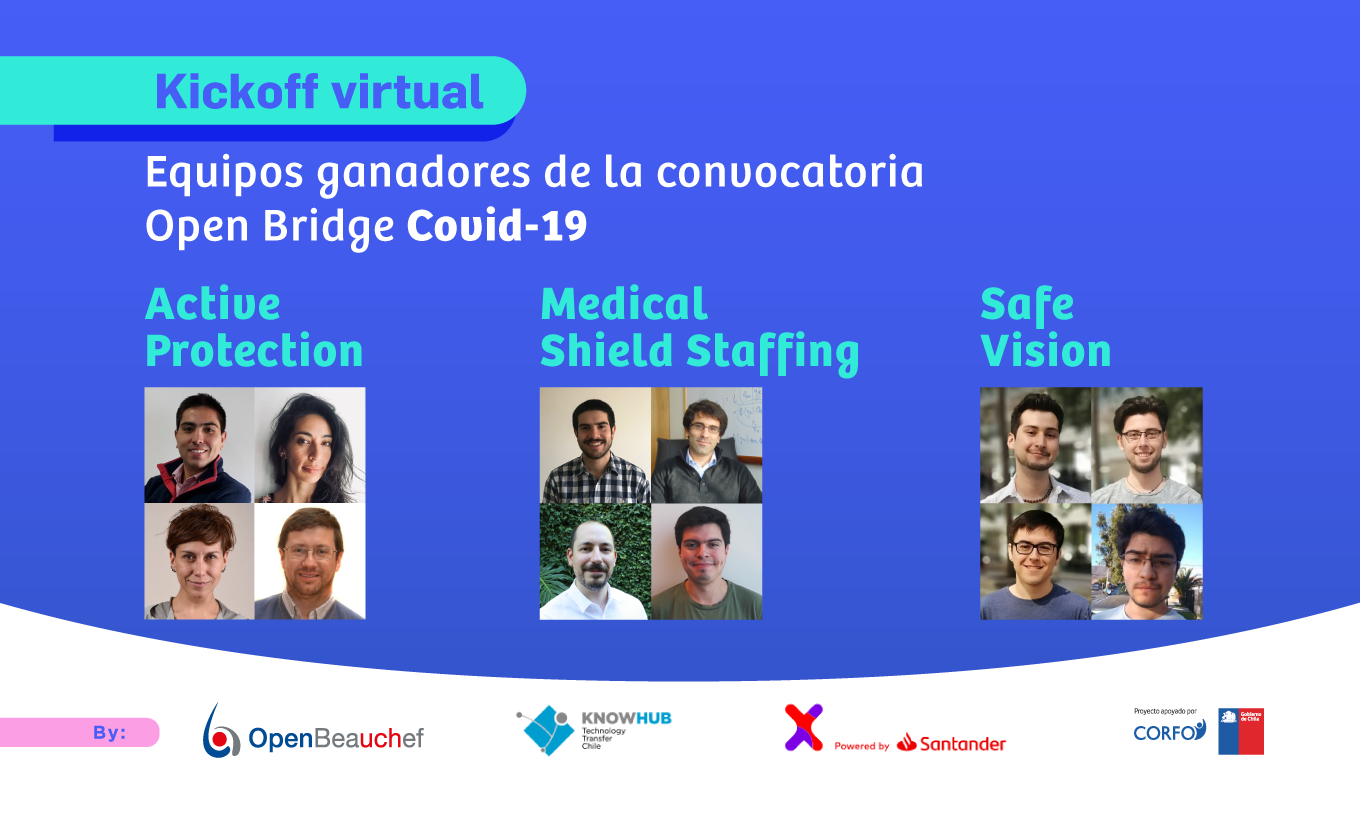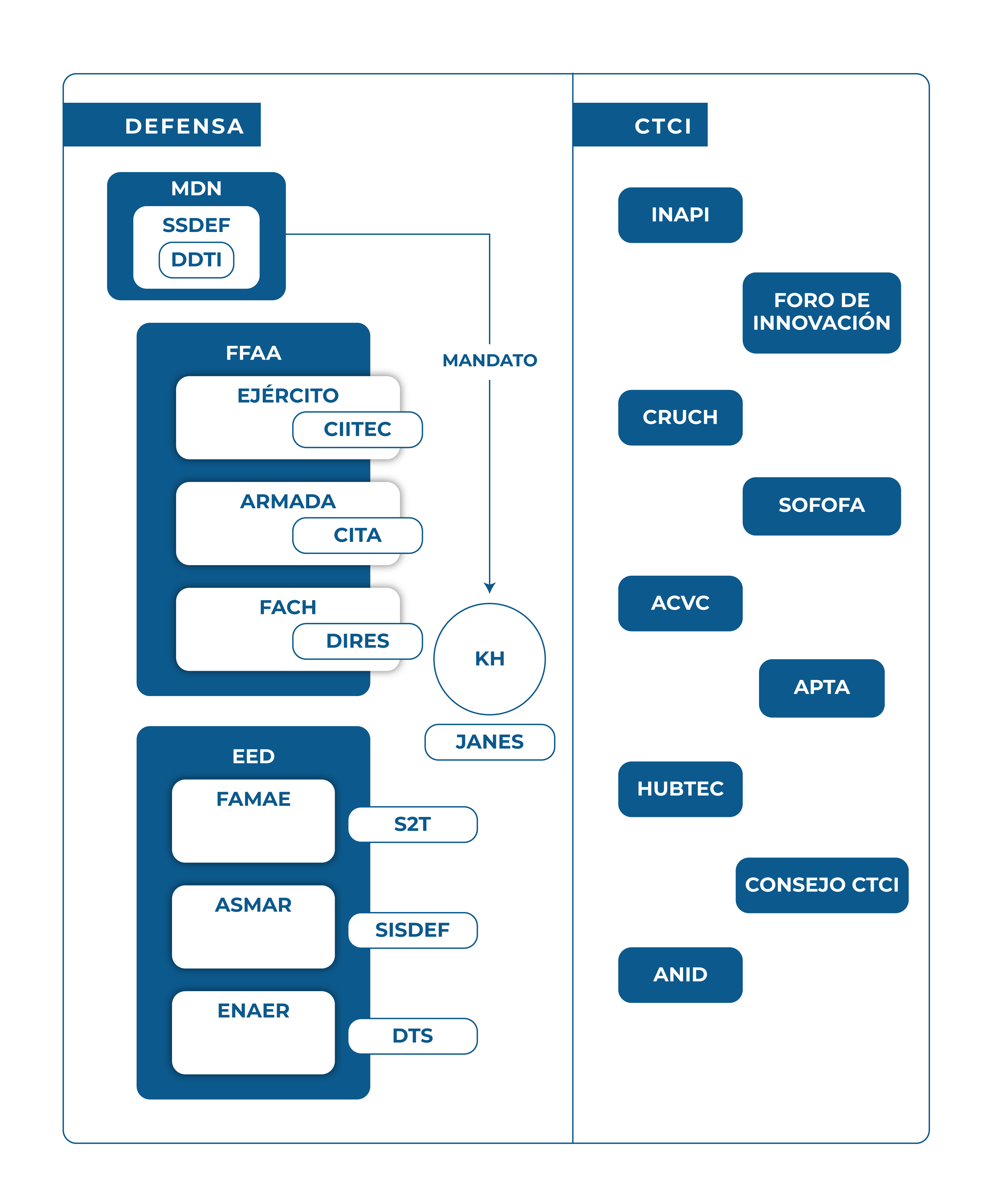NEWS
+ News
NEW TECHNOLOGY REDUCES COVID-19 CONTAGIONS AMONG HEALTH STAFF BY UP TO 25%
Medical Shield Staffing is a technology developed by a team from the Engineering Complex Systems Institute, which has been tested at University of Chile and Herminda Marín of Chillán clinical hospitals. The initiative, which received funding from OpenBridge Covid-19 call, is led by academic Marcelo Olivares.
Medical teams’ contagions led a team from the Engineering Complex Systems Institute (ISCI in Spanish) to develop a model to minimize the probability of contagion among medical staff in hospitals during the pandemic.
The purpose is optimizing shifts used by different medical entities at Intensive Care Units to reduce contagion risks among medical teams, enabling health-care centers to maintain care capacity of patients requiring mechanical ventilators.
From that situation, Marcelo Olivares, researcher at the Engineering Complex Systems Institute and academic at University of Chile Physical and Mathematical Sciences, developed the technology Medical Shield Staffing together with a team of engineers. “It’s a technology that assesses different shift systems and makes health staff availability – doctors, nurses, physiotherapists, nursing technicians – compatible, to choose those times which reduce probability of transmission”, he comments.
In general, people start showing symptoms between days 5 and 6 after catching Covid-19, but the infectious period starts earlier: two days after exposure. Shift 1×5 (one day-on, five days-off work), regularly used in critical patient units, considers going back to work in a period of high infectivity. A 2×10 shift, makes use of the incubation period and concentrates working days on low risk periods.
However, it’s not so easy to coordinate shifts of tens of health professionals in such narrow time windows. That’s when dynamic simulation and mathematical programming tools behind Medical Shield Staffing become essential.
So far, this technology has been implemented in the shift systems of two hospital premises: University of Chile Clinical Hospital and Herminda Martín de Chillán Clinical Hospital, both being front line fighting against Coronavirus.
As for the University of Chile Clinical Hospital, a premise which expanded its Critical Patient Unit as a result of the pandemic, Medical Shield Staffing considered the design of lower contagion risk shifts, which at the same time fitted the medical staff available: 2×10 and 4×4 shift schemes keep the same amount of hours worked for each entity and its implementation reduced the risk of transmission among hospital workers by 25%.
“As long as we are able to interact frequently and fluently, and do transdisciplinary work, we will solve important health problems. It’s a great gain for patients, their families, medical teams and the system in general, apart from being a space of growth for academics and researchers”, commented Eduardo Tobar, Head of Critical Patient Unit at University of Chile Clinical Hospital, about the Medical Shield Staffing test implementation.
For the Critical Patient Unit at the regional hospital of Ñuble, Medical Shield Staffing team carried out a survey to the professionals on their shifts, and after applying this technology tools they managed to reduce the risk of contagion by 9%.
Besides reducing in-hospital infection probability, the shift assignment allows a detailed control of medical teams in contact health state. Keeping traceability reduces the number of people in quarantine and accelerates the isolation process of identified contacts. Traceability is complemented with daily monitoring of hospital staff through the App “Let’s care for each other”, developed by Unholster, company specialized in data science, data analysis and software development.
This monitoring can identify the beginning of symptoms very precisely, perform tests promptly, isolate confirmed cases and identify risk contacts more thoroughly. Currently, work is being done on a pilot using Internet of things (IoT) technology, to monitor time and distance between medical staff contacts and through this being able to refine even more contagion risk estimates.
Last May, Olivares together with his team composed by Matías Cerda, Cristián Aguayo and Daniel Yung, applied to OpenBridge Covid-19 call, initiative organized by Know Hub Chile, OpenBeauchef and Santander X, which distributed $60 million to three technologies. Medical Shield Staffing being one of the winners, together with Active Protection from Universidad Católica of Temuco and Safe Vision, also from University of Chile. For further details about OpenBridge Covid-19 virtual kickoff, click here.
In the next editions of our newsletter, we will provide information about Active Protection and Safe Vision.




